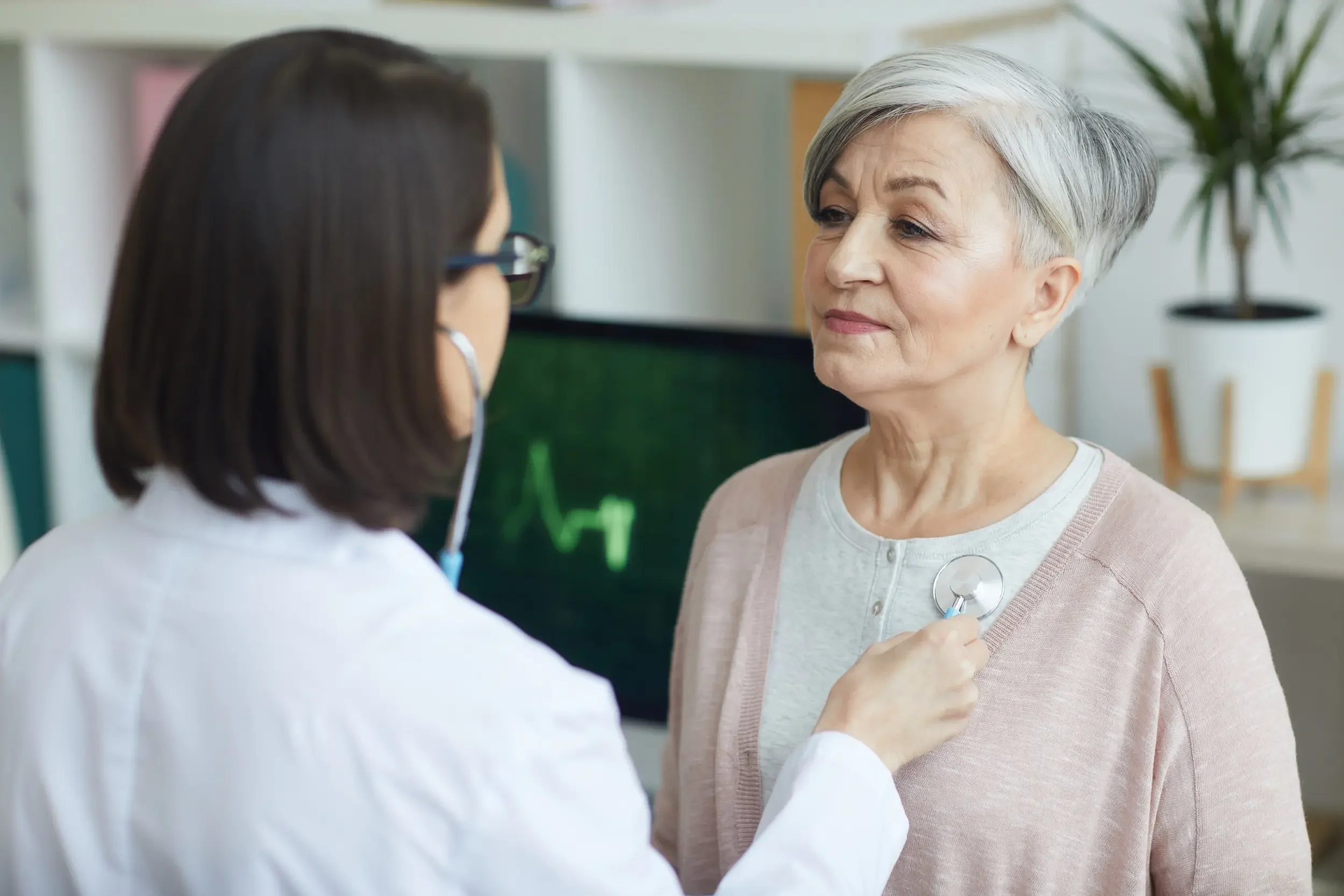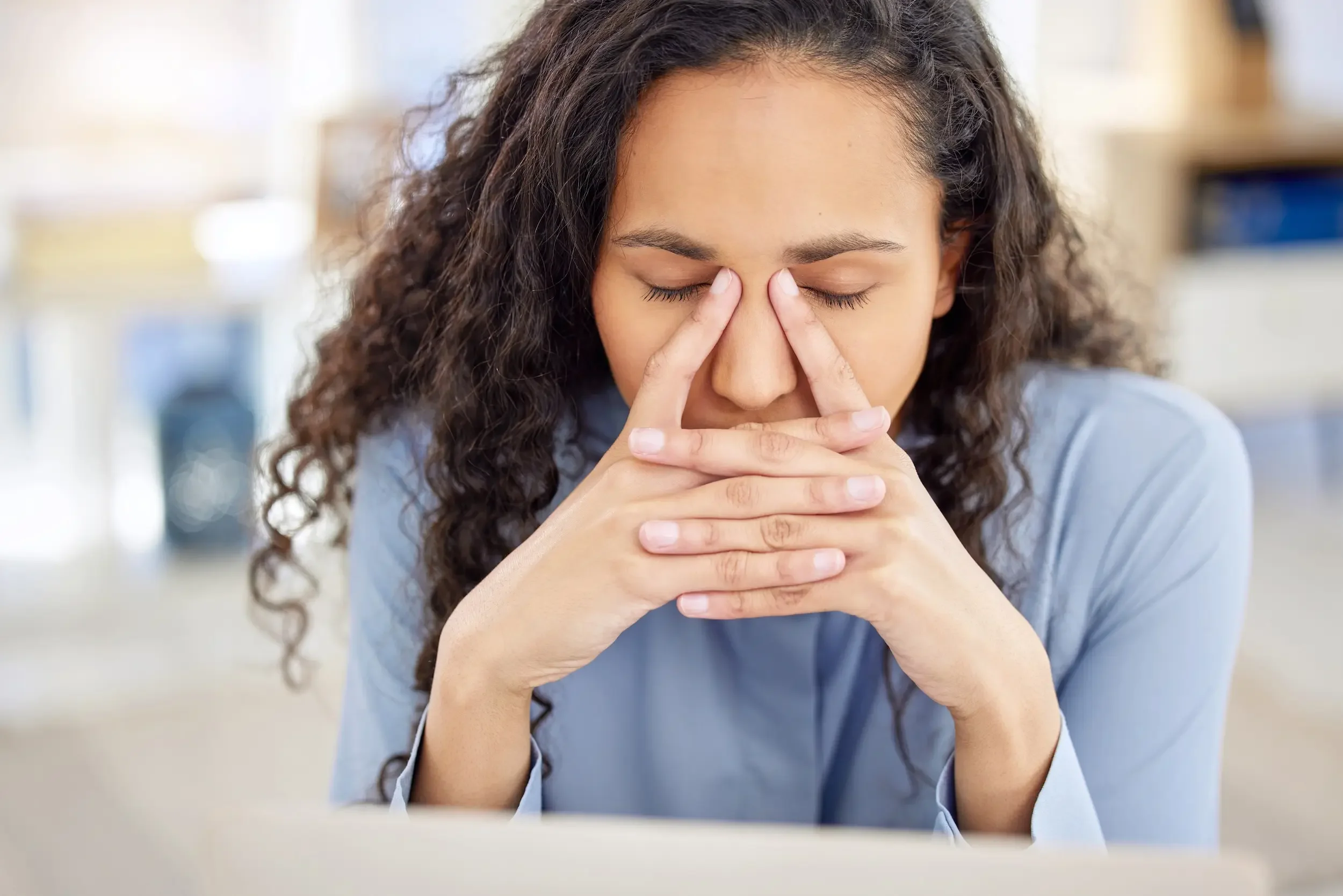Menopause and Bone Loss: Understanding the Link
Midlife is a time of transition—physically, emotionally, and hormonally. For women, the years surrounding menopause bring a cascade of changes that impact everything from energy levels to mood to cardiovascular health. One of the most critical—but often silent—changes during this time is bone loss.
At Ms.Medicine, we believe that bone health deserves more attention in conversations about women’s wellness. Menopause and osteoporosis are closely linked, and understanding how estrogen affects your bones is essential for preventing long-term complications like fractures, loss of mobility, and reduced independence. That’s why we created the Bone Health Risk Assessment, a tool designed to help women identify their personal risk and take action before problems arise.
The Role of Estrogen in Bone Health
Estrogen isn’t just a reproductive hormone. It also plays a key role in maintaining bone density. Throughout a woman’s reproductive years, estrogen helps regulate the process of bone remodeling—the continuous cycle of bone breakdown and rebuilding that keeps bones strong.
But as estrogen levels begin to decline during perimenopause—the years leading up to menopause—this balance is disrupted. Bone breakdown begins to outpace bone formation, and bone density begins to drop. This process accelerates sharply in the years around menopause, particularly from about one year before a woman’s final menstrual period to two years afterward.
In fact, studies show that this short window of time can account for nearly 40% of the total bone loss that occurs between menopause and age 80.
This makes the perimenopausal and early postmenopausal years a critical time for screening, lifestyle adjustments, and targeted interventions to protect long-term bone health.
Why Bone Loss After 50 Is Often Missed
Unlike joint pain or hormonal symptoms that are hard to ignore, bone loss rarely causes symptoms until a fracture occurs. Many women in their 50s and 60s feel perfectly healthy—and may not realize that their bones are weakening quietly in the background.
Routine bone density screening (DXA scans) is often recommended starting at age 65. But for many women, especially those with additional risk factors, that may be too late to catch early changes. If a woman has gone through early menopause, has a family history of osteoporosis, or has risk factors such as low body weight or smoking, she may already have significant bone loss by the time screening begins.
At Ms.Medicine, we encourage women to think about bone density earlier—especially if they are in perimenopause or have started to notice other age-related health changes.
What Increases the Risk of Osteoporosis After Menopause?
Several factors contribute to bone loss after 50, especially when combined with declining estrogen:
Genetics: A family history of osteoporosis or hip fractures significantly increases your risk.
Body size: Women with small frames or low body weight have less bone mass to begin with.
Lifestyle: Smoking, excessive alcohol, low calcium intake, and sedentary habits all contribute to bone loss.
Medical history: Conditions like rheumatoid arthritis, thyroid disorders, or long-term steroid use can weaken bones.
Pregnancy and breastfeeding: While typically temporary, calcium depletion during these phases may contribute if nutrition is lacking.
Understanding your personal risk factors is the first step toward prevention—and that’s exactly what our Bone Health Risk Assessment is designed to do.
How Our Bone Health Risk Assessment Helps
Our Bone Health Risk Assessment is a personalized, women-centered screening tool designed to evaluate your osteoporosis risk and guide next steps.
It includes:
Review of your personal and family medical history
Assessment of hormone-related milestones, such as age at menopause or surgical menopause
Lifestyle evaluation, including nutrition, exercise, alcohol, and tobacco use
Consideration of existing medical conditions and medications
Optional lab work (e.g., calcium, vitamin D, parathyroid hormone, thyroid function)
Recommendations for DXA screening and fracture risk estimation (FRAX score)
This comprehensive approach helps us identify early signs of bone weakening—before a fracture happens—and develop a plan that supports strong bones through and beyond menopause.
Prevention and Early Intervention Strategies
You can’t control your age or genetics, but there are many effective ways to protect your bones through midlife and beyond.
1. Prioritize Calcium and Vitamin D
Aim for 1,200 mg of calcium per day (preferably from food) and 800–1,000 IU of vitamin D. These nutrients work together to support bone strength and reduce fracture risk.
2. Get Active with Bone-Building Exercises
Weight-bearing activities like walking, hiking, and dancing, along with resistance training, help stimulate bone formation. Balance and flexibility exercises like yoga can also reduce the risk of falls.
3. Don’t Overlook Hormone Health
Hormone therapy may be appropriate for some women during menopause—not just for symptom relief but also to support bone density. Your Ms.Medicine provider can help you weigh the risks and benefits based on your health history.
4. Consider Early DXA Screening
If you are postmenopausal and have additional risk factors, you may benefit from a bone density test before age 65. A DXA scan provides a snapshot of your bone health and helps determine whether treatment is needed.
5. Stay Ahead of Falls and Fractures
As bone density decreases, fall prevention becomes just as important as strengthening bones. Home safety evaluations, vision checks, and strength training can all reduce the risk of injury.
Supporting Strong Bones, Stronger Futures
Menopause is not a disease—it’s a natural transition. But that doesn’t mean women should accept its effects on bone health without question. By understanding the link between estrogen and bone health, and by prioritizing prevention, women can reduce the risk of osteoporosis and maintain mobility, independence, and quality of life.
At Ms.Medicine, we believe that bone health is a cornerstone of women’s health. Whether you’re approaching menopause, navigating its symptoms, or simply want to take a more proactive role in your health, our team is here to guide you.
Schedule your Bone Health Risk Assessment today to get a clearer picture of your risk and start building a strong foundation for the decades ahead.




